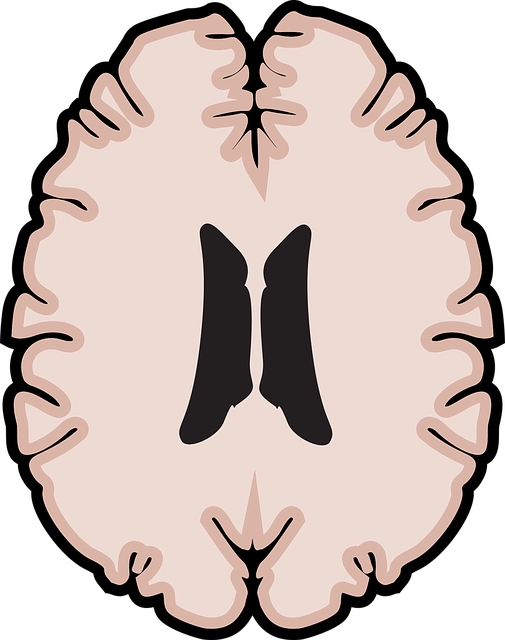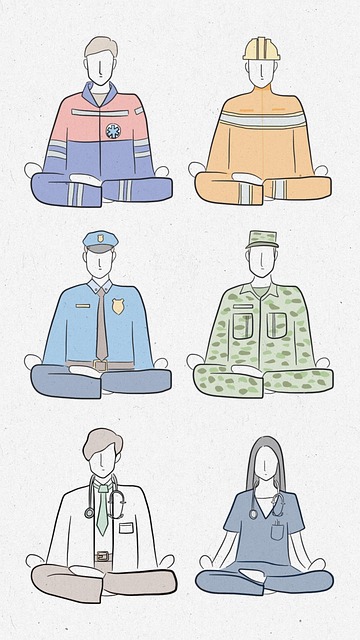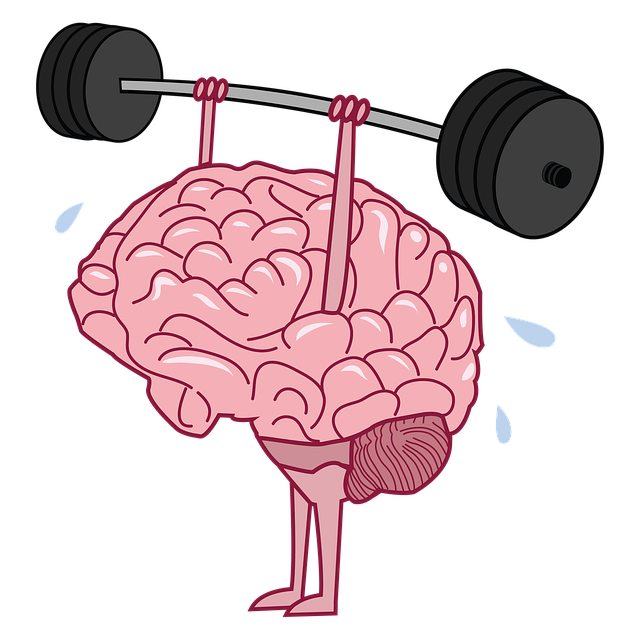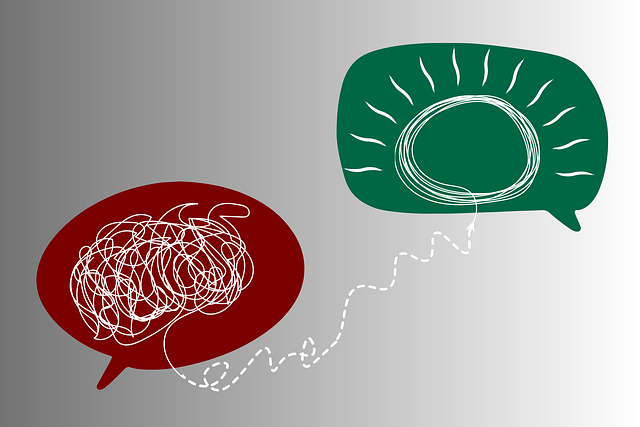Englewood Psychosis Therapy promotes mental well-being by fostering resilience through its RFM model (Resilience, Flexibility, Mastery). This holistic approach equips individuals with coping mechanisms, empowers stress management, and enhances emotional regulation. Combining cognitive reframing, mindfulness practices, and tailored Mental Wellness Coaching Programs, Englewood Psychosis Therapy helps diverse backgrounds overcome challenges and improve mental health outcomes. Regular risk assessments further strengthen resilience, contributing to positive mental health environments on individual and societal levels.
In today’s challenging world, building resilience is paramount for mental well-being. This article explores the concept of resilience and its crucial role in navigating life’s hurdles. We delve into the RFM (Resilience, Flexibility, Mastery) framework, showcasing how it equips individuals with powerful tools to cope. Furthermore, we present practical exercises derived from Englewood Psychosis Therapy, offering actionable strategies to foster resilience and enhance overall mental health. Discover how these techniques can revolutionize your approach to facing life’s challenges head-on.
- Understanding Resilience and its Significance in Mental Health
- The Role of RFM (Resilience, Flexibility, and Mastery) in Building Resilience
- Practical Exercises to Enhance Resilience Through Englewood Psychosis Therapy
Understanding Resilience and its Significance in Mental Health

Resilience is a powerful concept that plays a pivotal role in mental health and overall well-being. It refers to an individual’s ability to adapt and bounce back from adversity, stress, or trauma. In the context of Englewood Psychosis Therapy, understanding resilience is essential as it equips individuals with the tools to navigate life’s challenges effectively. Building inner strength through resilience development enables people to cope with difficult situations, enhancing their mental health and overall quality of life.
Mental Health Policy Analysis and Advocacy highlights the significance of promoting resilience as a proactive measure in safeguarding psychological well-being. By integrating Self-Care Routine Development for Better Mental Health into daily lives, individuals can foster resilience, which serves as a buffer against potential mental health issues. This proactive approach not only empowers people to manage stress but also contributes to a positive mental health environment, both on an individual and societal level.
The Role of RFM (Resilience, Flexibility, and Mastery) in Building Resilience

Resilience is a cornerstone of mental well-being, enabling individuals to navigate life’s challenges and adversity with strength and adaptability. The RFM model—comprised of Resilience, Flexibility, and Mastery—serves as a powerful framework for cultivating this enduring quality. Englewood Psychosis Therapy recognizes the significance of these components in fostering effective emotional healing processes.
By focusing on resilience, professionals can help clients develop coping mechanisms that strengthen their ability to withstand stressful situations. Flexibility involves encouraging individuals to embrace change and adapt to new circumstances, thereby enhancing their overall adaptability. Mastery, on the other hand, empowers people by teaching them skills to manage their emotions and make informed decisions, boosting confidence and self-efficacy. This holistic approach, integrated into risk management planning for mental health professionals, not only supports clients in overcoming current struggles but also equips them with lifelong tools to navigate future challenges, ensuring better mental health outcomes.
Practical Exercises to Enhance Resilience Through Englewood Psychosis Therapy

Englewood Psychosis Therapy offers practical exercises to enhance resilience, which are particularly beneficial for individuals seeking to navigate life’s challenges with greater mental fortitude. Through a combination of cognitive reframing techniques and mindfulness practices, this therapeutic approach empowers clients to challenge negative thought patterns and develop healthier coping mechanisms. For instance, exercises like thought recording and emotional regulation strategies help individuals identify and reframe distorted thinking, fostering a more balanced perspective.
Moreover, the integration of these skills within a supportive environment promotes cultural sensitivity in mental healthcare practice. By understanding and respecting diverse backgrounds, Mental Wellness Coaching Programs Development can be tailored to meet individual needs, ensuring effective support for all clients. This comprehensive approach, coupled with regular risk assessment for mental health professionals, contributes to building resilience, ultimately enhancing overall mental wellness.
Englewood Psychosis Therapy offers a powerful framework for individuals seeking to strengthen their mental resilience. By focusing on the key components of RFM – Resilience, Flexibility, and Mastery – this therapeutic approach equips people with practical tools to navigate life’s challenges. Through dedicated exercises designed to enhance resilience, individuals can develop a deeper sense of control, adapt more effectively to change, and ultimately foster a stronger, more durable mental framework.












